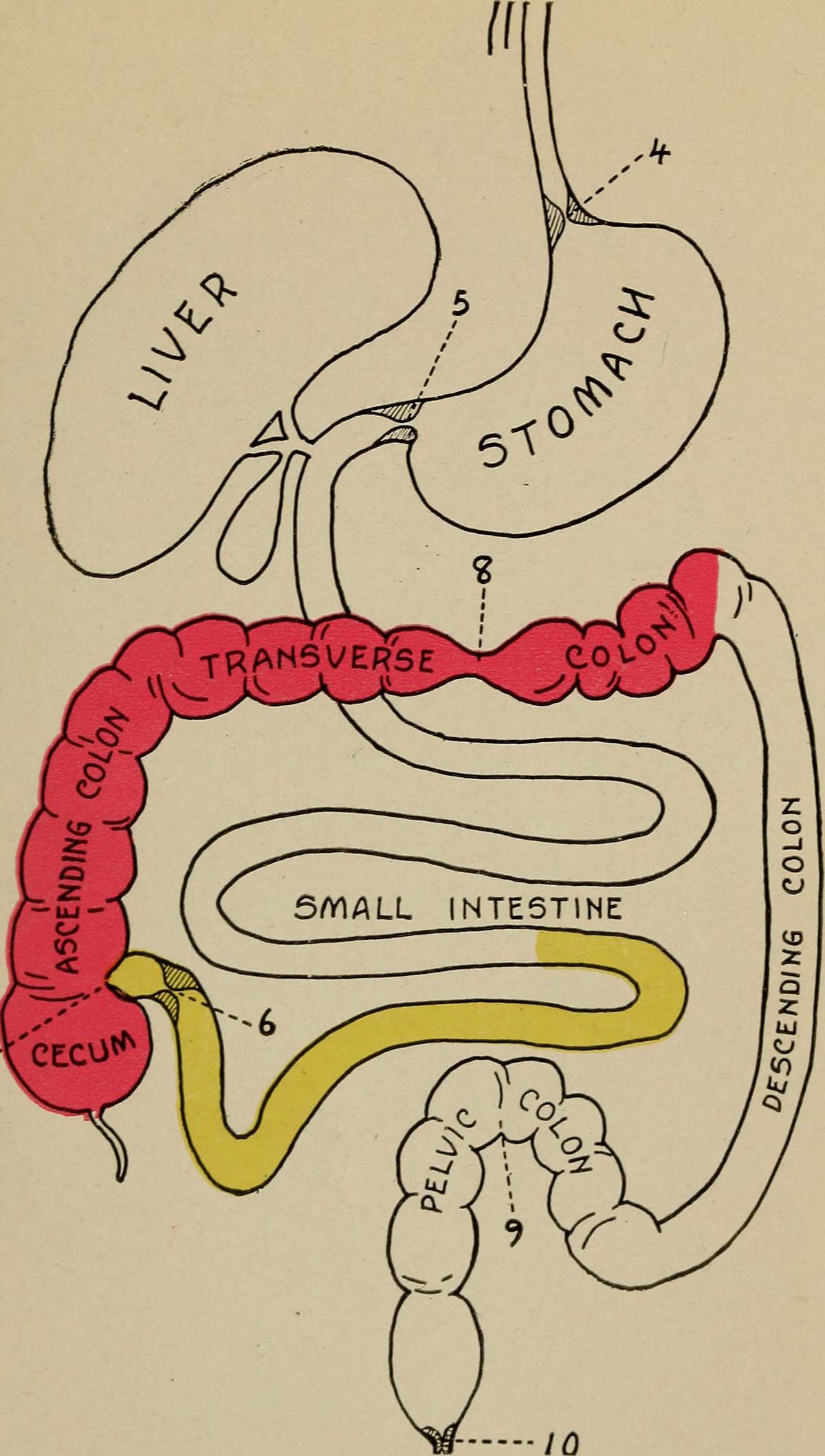
Spastic colon is medically known as irritable bowel syndrome. This is a specific gastro-intestinal disease accompanied by severe abdominal pain and changes in bowl habits such as diarrhea or constipation. It affects the colon, a part of the digestive tract. The pain in spastic colon is usually constant. Patients may also suffer from frequent urges to defecate or experience extremely painful spasms during the very process of defecation. Fatigue, weight loss as well as dehydration are accompanying symptoms and signs of the disease.
The actual cause of spastic colon is unknown but it may be related to previous viral infections which caused a bout of spastic colon. It is believed that the leading cause of irritable bowel syndrome is associated with untreated and neglected gastrointestinal infection.
What are Symptoms of Spastic Colon
Two most typical symptoms of spastic colon are diarrhea and constipation. Even though they may occur separately some patients experience both of them. Furthermore, patients suffering from spastic colon must deal with, sometimes, excruciating abdominal pain. Some of them complain about mild abdominal discomfort while others simply cannot perform even the simplest activities due to very intensive abdominal pain. One more characteristic of spastic colon is urgency of bowel movement. There is also abdominal distension and gassiness and in some cases patients may also experience gastroesophageal reflux. The very symptoms and signs of spastic colon are also characteristic for other illnesses of gastrointestinal tract and setting of the diagnosis is sometimes challenging. It is essential to rule out other gastrointestinal condition prior setting the definitive diagnosis. This condition does not cause any structural abnormalities which may be confirmed microscopically. Therefore, it is essential to pay particular attention onto the symptoms and signs of the disease and adequately rule out other illnesses with similar symptoms and signs.
How is Spastic Colon Treated
People suffering from spastic colon may benefit from proper and well balanced diet. They are advised to try to identify the foods which trigger the attack. This way by abstaining from these foods the pain and accompanying symptoms of the disease may be successfully prevented. It is also essential to include soluble fibers into the diet. Still this can be done only after consultation with a doctor. In a severe form of spastic colon patients may require medications. They are usually prescribed laxatives, antidiarrheals etc. Antispasmodic drugs such as serotonin and serotonin antagonists and opoids may be prescribed as well. Additional help may be obtained from probiotics and relaxation therapy.






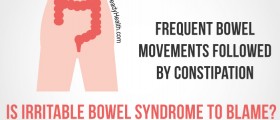
_f_280x120.jpg)
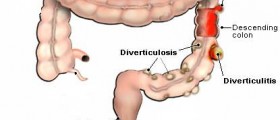
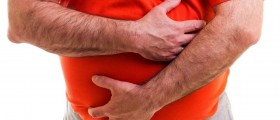
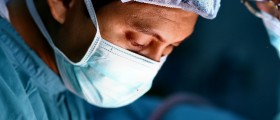

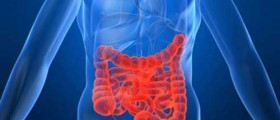


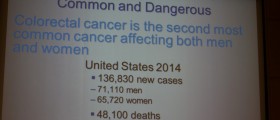
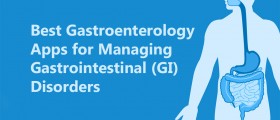
Your thoughts on this
Loading...